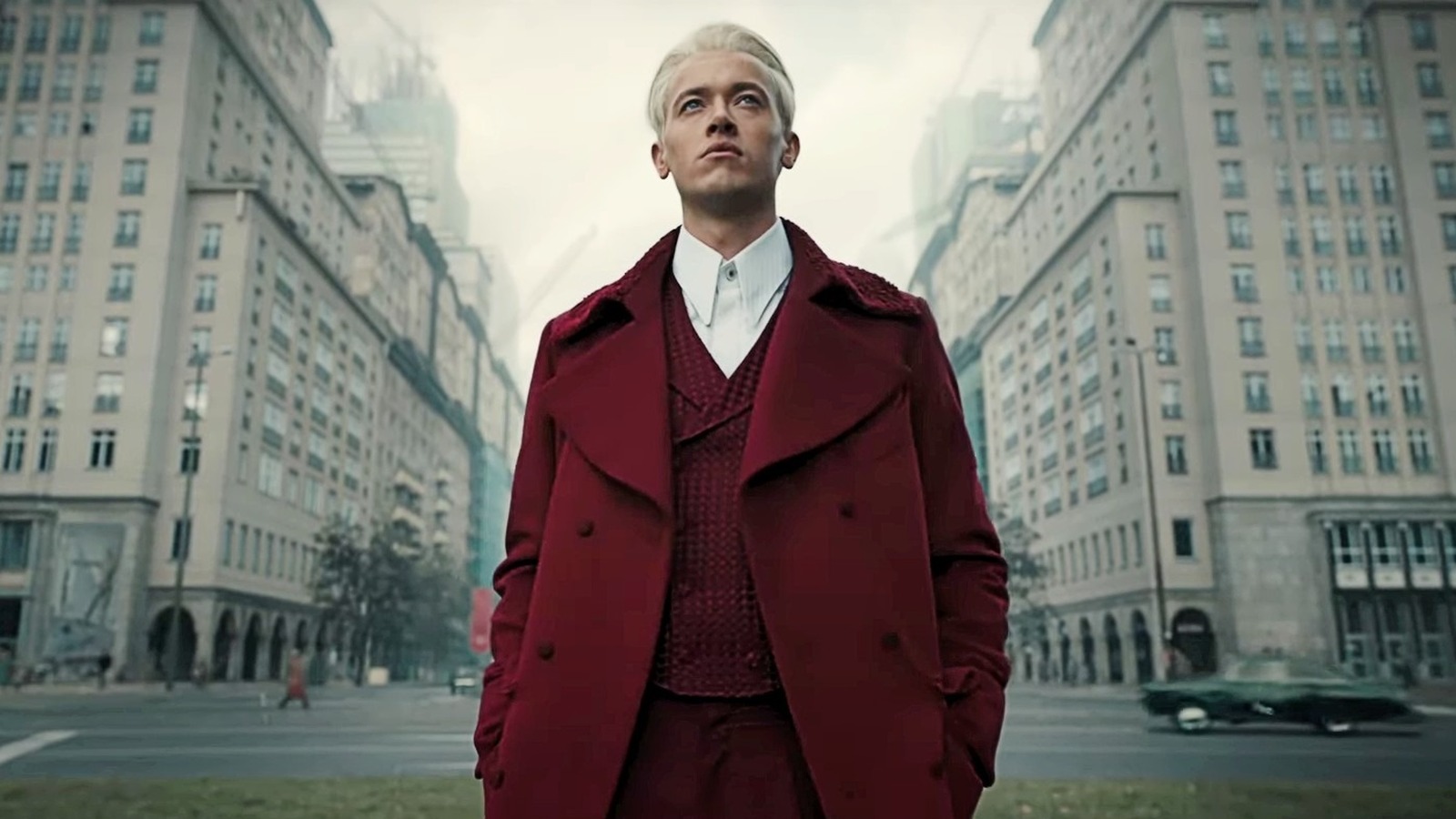The Hunger Games series was a cultural reset for the mid-2010s. It was an era of young adult dystopian fiction coupled with dramatic love triangles sparking rivalries within fandoms.
More than a decade after the series’ first film premiered, its prequel has sparked a renaissance for the beloved franchise.
The Hunger Games: The Ballad of Songbirds and Snakes, based on Suzanne Collins’ 2020 novel, will hit theaters in November. It covers the 10th Hunger Games and Coriolanus Snow’s rise to power. The movie’s trailer dropped at the end of April and gives fans their first opportunity to return to the cinematic universe since the original Hunger Games series ended in 2015.
The trailer opens with a familiar tune for viewers — a four-note whistle from the original series. Originally used as a signal by Rue in the 74th Games, it transformed into a symbol of the revolution and Katniss Everdeen herself.
[Met Gala 2023: Karl Lagerfeld theme brings controversy and fierce looks]
Here, rather than a whistle, the tune is played on the piano while fans see shots of Panem’s Capitol. The simplistic instrumentation conveys a dark mood that draws listeners to the edges of their seats, especially those who recall the original films.
Unlike the original trilogy, the prequel doesn’t take place from the perspective of a tribute entering the Hunger Games. Instead, the protagonist is a younger President Snow.
It’s only a decade after Panem’s first rebellion ended. The Hunger Games, set as a punishment for the districts, are losing popularity due to their gruesome nature and nonexistent reward.
That’s where Snow comes in. He’s part of a new mentorship program where Capitol Academy students provide guidance to one of 24 District children randomly selected to fight until only one remains.
The mentors are responsible not for ensuring their tribute survives, but for transforming the Games from their dingy beginnings into the marvelous spectacle that fans witnessed during Katniss’ time.
[‘Peter Pan & Wendy’ tackles mature topics without the original’s magic]
It’s a task that’s perfect for the future diabolical leader: his family has fallen from grace and is barely scraping by, reeling from the effects of the war. Snow is a talented young man with a thirst for greatness, aiming to put his family name back on the map. He’s twisted enough to think selfishly, providing a glimpse of the coldhearted leader’s future reign.
Snow is paired with Lucy Gray Baird, the female tribute from District 12. She has only one request for him: “start by thinking I can actually win.”
And so he does. In the process, Snow must question his morals and human nature itself.
Collins sets herself apart from other writers in the young adult genre because she uses her stories as a vehicle to convey political allegory. In the original trilogy, she explores themes of class and war, uniting factions against a common enemy.
In the prequel, Collins examines philosophical ideals while laying the framework for the Games in their earliest iterations. Characters experience both sides of the predator-prey relationship within the arena, reflecting the ever-present debate of whether humans are inherently good or evil.
The trailer ends the way it begins – with the four-note tune that’s synonymous with the series. But this time, it’s not a lone piano pulling viewers in. It’s a mixture of instrumental voices ringing through, building anticipation, leaving the audience wanting more.



